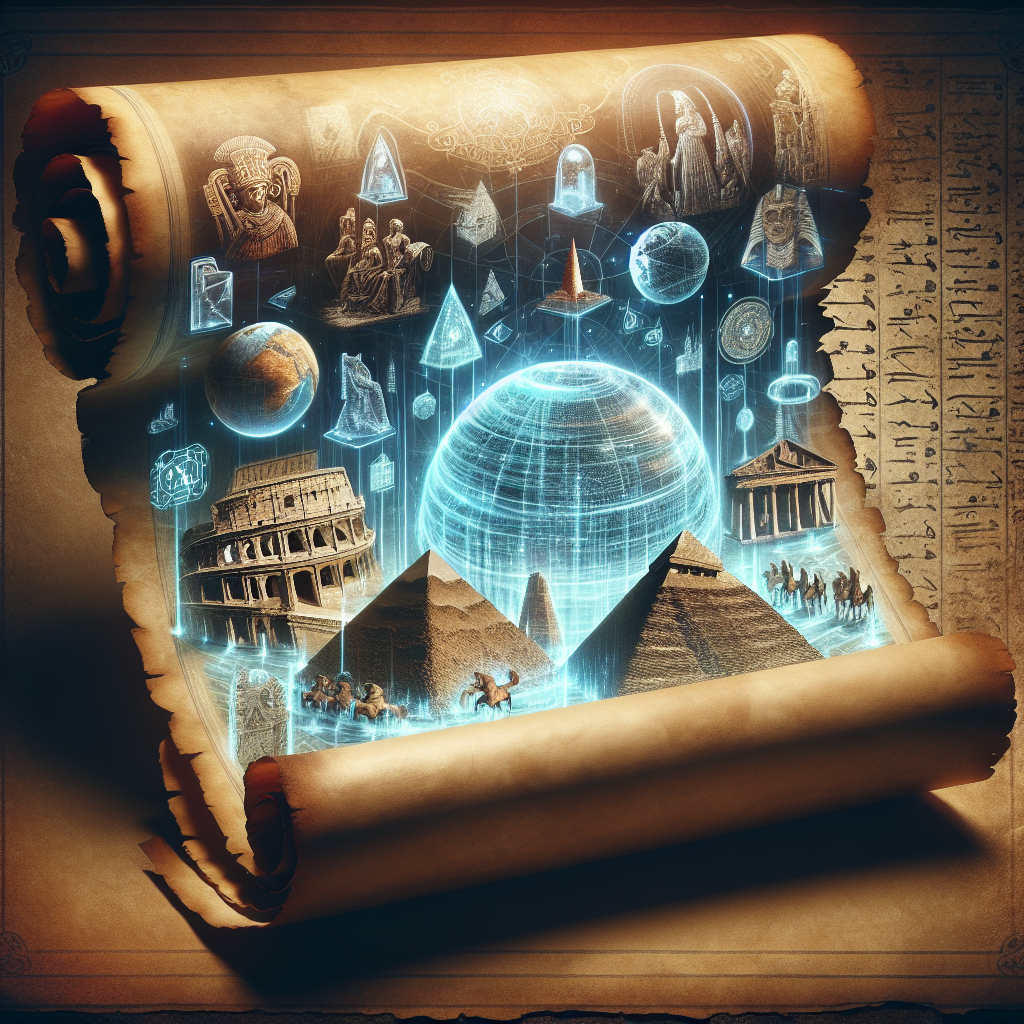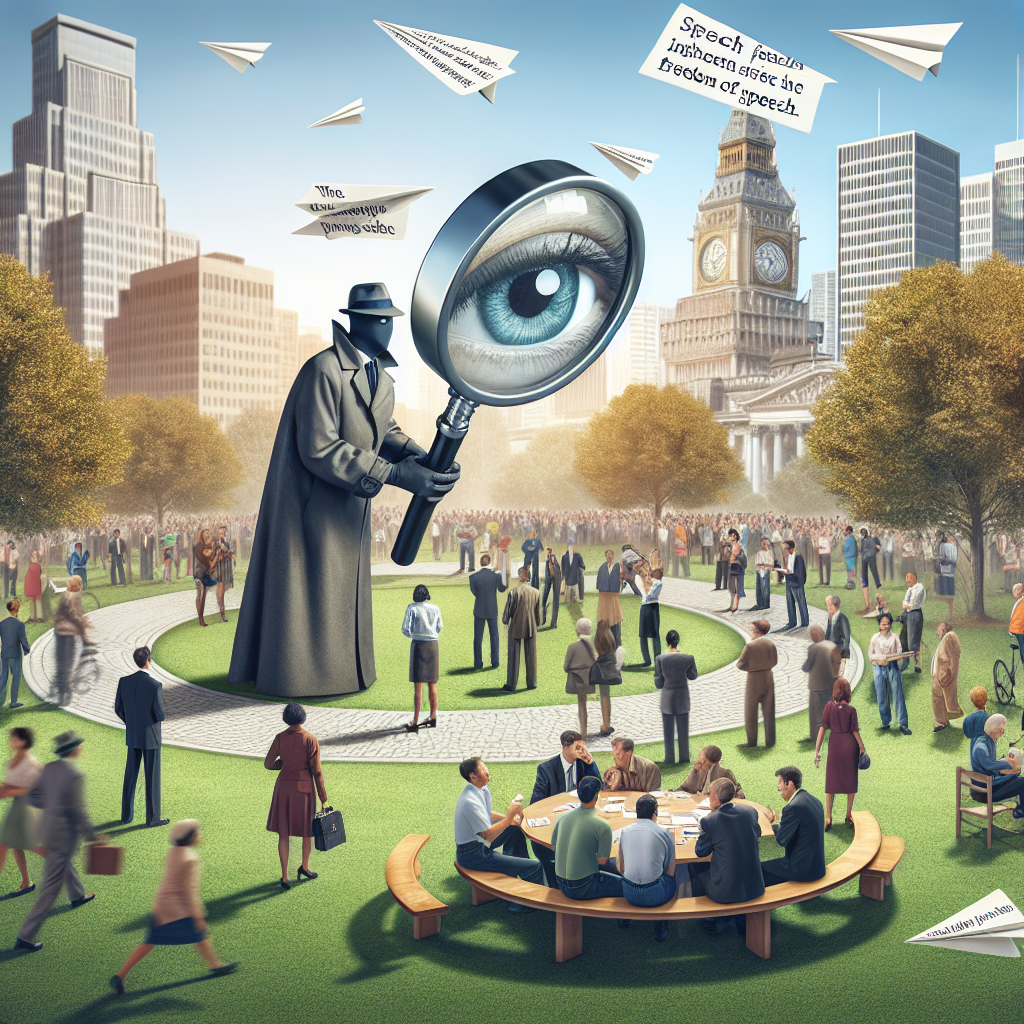The Context of the Assassination
The assassination of President John F. Kennedy on November 22, 1963, in Dallas, Texas, is one of the most pivotal events in American history. The complexities surrounding the circumstances, motives, and aftermath have generated countless investigations, documentaries, and theories. Understanding this historical moment requires examining the socio-political climate of the early 1960s, the immediate events of that fateful day, and the enduring questions that emerged thereafter.
The Political Climate of the 1960s
In the early 1960s, the United States was embroiled in significant geopolitical tensions, notably the Cold War. Domestically, issues such as civil rights, economic shifts, and Cuba’s growing influence were shaping political discourse. John F. Kennedy, who became president in January 1961, was tasked with navigating these turbulent waters. Known for his charismatic leadership and inspirational rhetoric, Kennedy faced challenges such as the Cuban Missile Crisis in 1962, which heightened fears of nuclear confrontation.
The Day of the Assassination
On November 22, 1963, as Kennedy’s motorcade traveled through Dealey Plaza in Dallas, shots rang out. The president was struck by bullets, leading to an immediate reaction from law enforcement and the public. Many eyewitnesses noted the chaos and confusion that erupted in the plaza, with panicked people fleeing the scene. The final report from the Warren Commission indicated that three shots were fired, two of which struck Kennedy—the first hitting him in the upper back and exiting through his throat, while the fatal shot struck him in the head.
Lee Harvey Oswald: The Lone Gunman Narrative
Lee Harvey Oswald was quickly identified as the alleged assassin. His background revealed a troubled history—he had lived in the Soviet Union for nearly three years and was a self-proclaimed Marxist. Oswald was arrested that very day after being apprehended for the murder of a Dallas police officer, J.D. Tippit, shortly after Kennedy’s assassination. The FBI and local law enforcement conducted extensive investigations, and Oswald was deemed a lone gunman, with the Warren Commission concluding that he acted alone.
The Warren Commission Report
The Warren Commission, established by President Lyndon B. Johnson, aimed to investigate the circumstances of Kennedy’s death thoroughly. The commission released its findings in September 1964, asserting that Oswald fired three shots from the sixth floor of the Texas School Book Depository. Critics have since challenged the commission’s conclusions, arguing that it failed to consider various alternative scenarios and the possibility of a wider conspiracy.
Conspiracy Theories Emerge
The assassination sparked immediate skepticism and speculation among citizens and public figures alike. Many questioned the findings of the Warren Commission, leading to various conspiracy theories. Some of the most prominent theories include:
-
The Mafia Involvement: Some theorists argue that organized crime may have orchestrated the assassination due to Kennedy’s aggressive stance against their operations. His brother, Attorney General Robert F. Kennedy, intensified efforts to combat organized crime, potentially making enemies within this underworld.
-
Government Agencies: Speculation arose that elements within the CIA or FBI might have had a hand in the assassination. Some attributed this to Kennedy’s perceived lack of support during the Bay of Pigs invasion or his efforts to ease tensions with the Soviet Union.
-
Lyndon B. Johnson: Theories suggesting that Vice President Lyndon B. Johnson played a role, motivated by ambition or political gain, gained traction over the years, particularly among those who viewed his elevation to the presidency with suspicion.
-
Foreign Governments: Some speculate foreign entities, including Cuba and the Soviet Union, orchestrated the assassination due to JFK’s anti-communist policies and decision to escalate military actions in Southeast Asia.
The Aftermath and Impact on America
Following the assassination, the nation entered a period of profound mourning. Kennedy’s death not only shocked Americans but also led to an escalation of tensions during the Cold War. The assassination polarized public sentiment, showcasing the divisive nature of American politics. The discourse surrounding conspiracy theories has persisted, influencing popular culture and shaping how future generations view historical events.
Subsequent Investigations
Several subsequent investigations have sought to reevaluate the findings of the Warren Commission. In 1976, the House Select Committee on Assassinations (HSCA) was formed to reopen the investigation. The HSCA concluded that while Lee Harvey Oswald had fired the shots that killed Kennedy, there was a “probable conspiracy” involved. This assertion fueled further debates and inquiries into the assassination and suggested that evidence may have been suppressed or overlooked.
The Zapruder Film
The Zapruder film, a home movie captured by amateur filmmaker Abraham Zapruder, has played a pivotal role in discussions about the assassination. The film provides a visual account of the events and has been scrutinized for details regarding the trajectory of the bullets and the reaction of those present at the scene. It remains a vital piece of evidence in debates concerning the number of shots fired and the events’ chronological order.
Legacy of the Assassination
The legacy of JFK’s assassination extends far beyond its immediate repercussions. It marked a significant shift in American political history and public trust in government. The ensuing years saw an increased skepticism among citizens concerning governmental transparency and accountability, sparking cultural movements and activism throughout the 1960s and 1970s.
Continued Research and Analysis
The inquiry into the assassination continues to evolve with advanced forensic techniques and growing access to historical documents. Scholars and researchers are still exploring new information regarding Oswald’s background, the failure of intelligence agencies to protect the president, and how Kennedy’s death reshaped domestic policies and foreign relations.
Conclusion: Unraveling the Mystery
Although the immediate events of November 22, 1963, have been extensively documented, questions linger about the true motives behind the assassination and the various players involved. The implications of JFK’s murder permeate discussions about political philosophy, ethics, and the interplay of power within government. As research continues, the quest for understanding remains a vital endeavor for historians and citizens alike. The assassination of John F. Kennedy not only altered the trajectory of the United States but also left an indelible mark on the collective American consciousness, marking a watershed moment in history that invites ongoing reflection and debate.












Leave a Reply